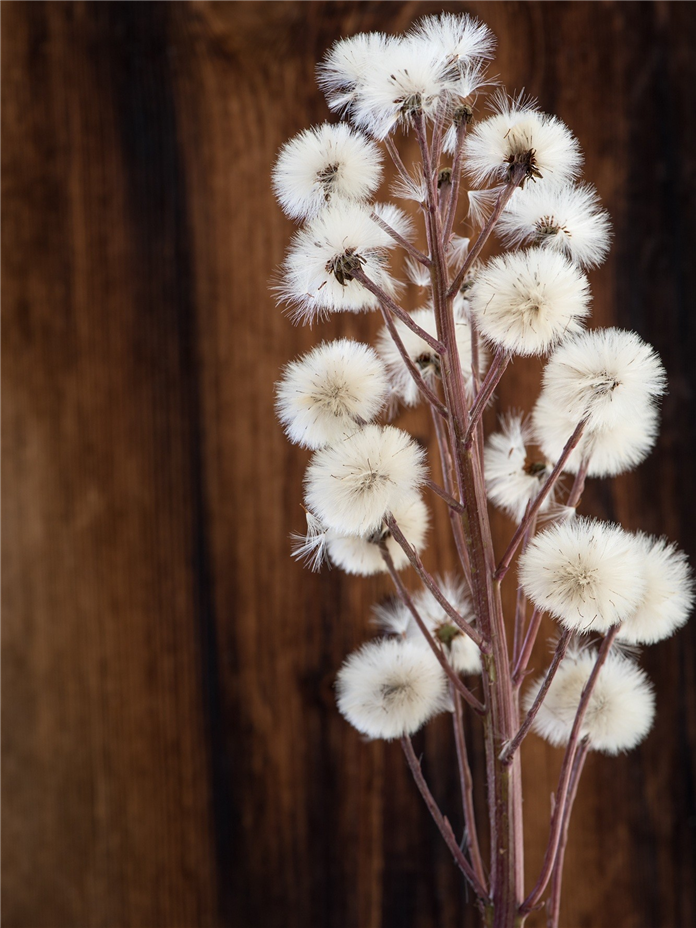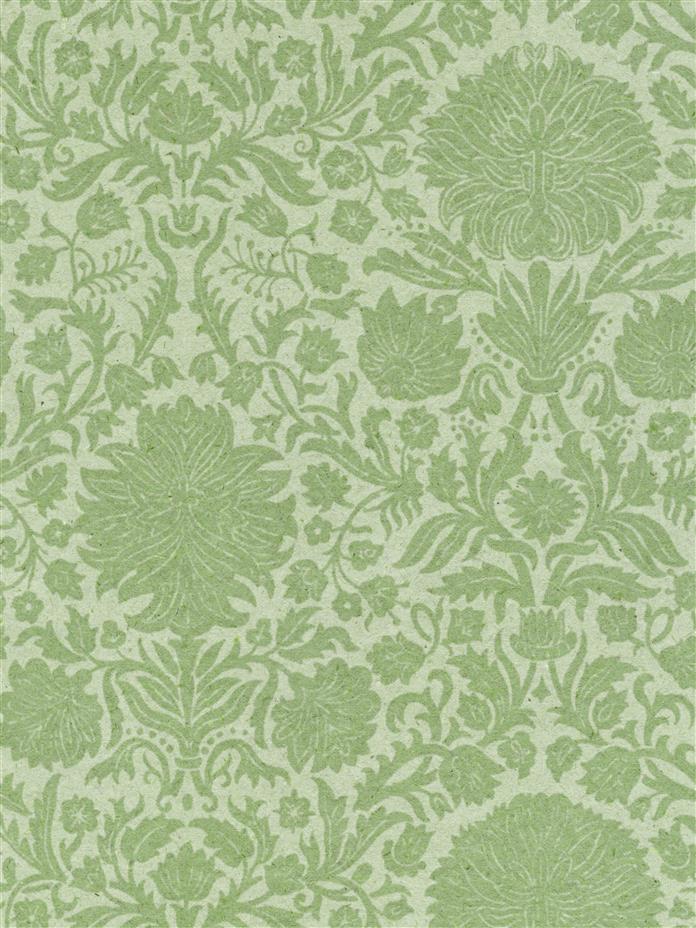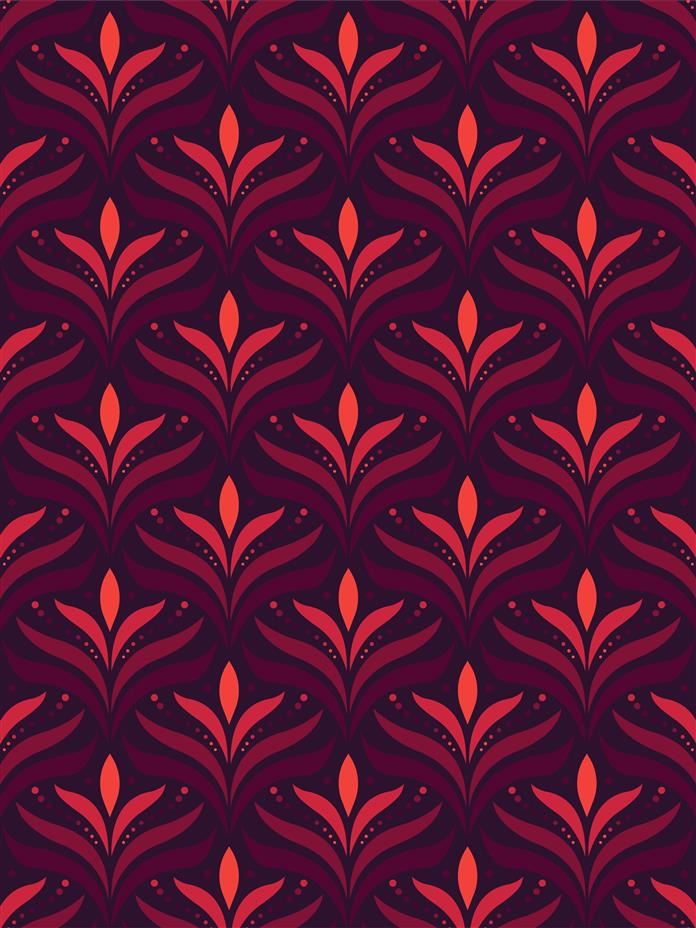
Tap to Read ➤
Health Benefits of Butterbur
Sailee Kale


Butterbur, belonging to the daisy family, is a plant with numerous medicinal properties and has been used widely to treat a number of ailments throughout history. Here are some health benefits of this plant.

Butterbur (family Asteraceae, genus Petasites) is a perennial shrub, mainly growing along marshes and riverbanks in temperate zones. It prefers to grow in humid conditions. It has a thick growth of underground root stalks, and giant, green heart-shaped leaves, similar to rhubarb. The underside of the leaves is covered in a gray fuzz.

The plant bears an aerial stem, devoid of leaves and reddish-brown in color. Clusters of flowers bloom in spring, and are usually pink or violet in color. Some other names for this plant variety are common butterbur, sweet coltsfoot, and pestilence wort.

The plant derives its name from the fact that in the olden days, when there was no refrigeration, its leaves were used to wrap butter. All parts of the plant, including the roots, stems, leaves, and flowers possess some medicinal property. In ancient times, people used this plant to treat a variety of ailments, from skin illnesses, to headaches, and even plague.

Health Benefits of Butterbur
The compounds that impart butterbur its medicinal properties are namely petasin and isopetasin. These compounds are found in high concentrations in the roots of the butterbur plant. It also contains flavonoids and tannins which also contribute towards its officinal properties.

- Petasin reduces inflammation and thus helps to relieve nasal congestion, spring allergies, rhinitis, and hay fever. Petasin acts as a histamine and leukotriene inhibitor, and is therefore ideally suited to combat the symptoms of the aforementioned ailments, without the side effect of drowsiness.

- Butterbur improves lung function, and is therefore said to be very helpful in fighting asthma, coughs, pharyngitis, and bronchitis.

- It can also be used to treat migraine. Petasin aids in regulating the flow of calcium in the body which is effective in reducing headaches caused due to migraine.
- Petasin also helps to control blood pressure. Hence, it is useful for those patients who suffer from hypotension and hypertension.

- Butterbur also has calming properties. Hence it is widely used in the treatment of anxiety, insomnia, nervousness, and also used as a stress buster.

- It is also used to treat a variety of gastric and peptic ulcers and is highly effective in treating stomach-ache and indigestion. It is also known to stimulate hunger.
- Skin ailments such as wounds, rashes, and eruptions can be cured with the help of butterbur, when its parts or extract is used as a poultice.
- Because of its analgesic and anti-spasmodic properties, butterbur is also used to treat arthritis and rheumatic pains.
- Other health benefits include treatment and relief from whooping-cough, intestinal colic, urinary tract infections and irritable bladder.
Contraindications
Children and pregnant and lactating women should strictly avoid consumption of this plant in any form. It also contains pyrrolizidine alkaloids, chemicals which are highly toxic and can cause extensive damage to the liver. They also exhibit carcinogenic properties.
People suffering from any kind of liver and kidney disease and those allergic to ragweed, marigold, and daisies, should avoid butterbur at all costs.
Extracts of this plant are sold as herbal supplements in the form of capsules, tablets, tincture, and powders. In the powdered form, it can be used to make tea or a decoction, or simply mixed with food. If you have been asked by your health care provider to take butterbur as a treatment option, use only the recommended amount and do not exceed the dosage.
Side effects of butterbur include shortness of breath, and the person may break out in hives which can be painful and itch a lot.
With its analgesic, anti-inflammatory, and stimulant properties, butterbur is a very useful medicinal plant. There is ongoing research to further exploit the health benefits the plant has to offer. But since it is sold as an herbal supplement and not as a prescription drug, you should not consume it in any form without the prior approval of your doctor.